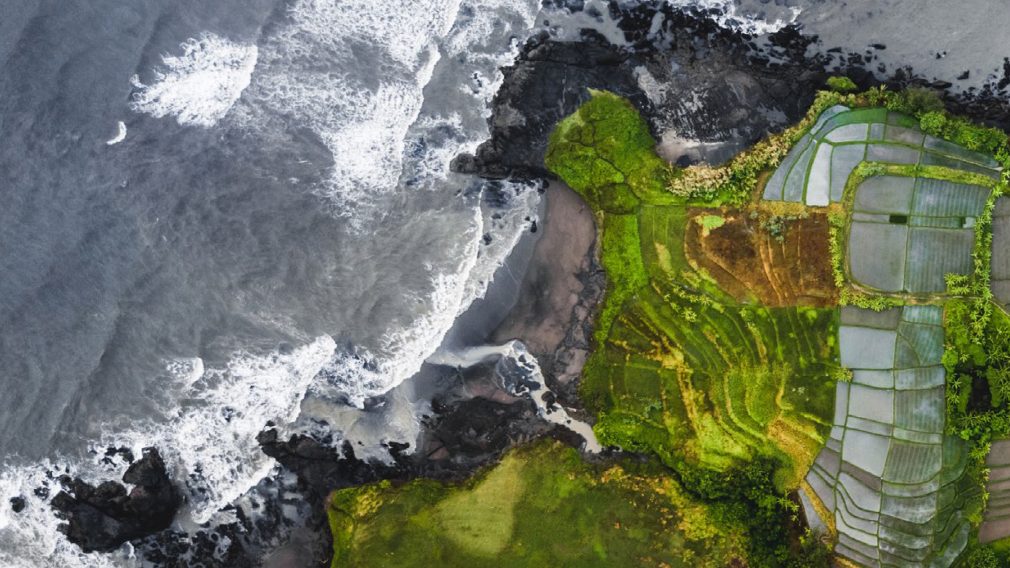Satellite Earth Observation (EO) provides a wide range of different types of environmental information that are global, comprehensive, accurate, repeatable and timely, and that are key to the effective planning, implementation, monitoring and evaluation of Development Assistance activities.
Furthermore, the extraordinary circumstances and unprecedented impact that COVID-19 is having on all of our living and working conditions, means that the development financing community is looking for new information to help with remote management and monitoring of projects, and to formulate and plan social protection and economic recovery measures for the new normality that will follow. Again, in this respect, EO can provide solutions.
In this context, ESA has commissioned a new report Adoption and Impact of Earth Observation for the 2030 Agenda for Sustainable Development (read the full document or access the executive summary) which provides a comprehensive summary of the benefits that EO is delivering to Development operations. It also describes the rationale for a new initiative that ESA is starting now in partnership with the World Bank (WB) and the Asian Development Bank (ADB) called Space in support of International Development Assistance.
The main aim of this innovative partnership is to grow the wide-scale, systematic use of satellite EO as ‘best-practice’ source of environmental information, integrated in the working practices and finances for all phases and activities of development assistance operations.
Within this framework, WB and ADB will each set up dedicated Trust Funds (TFs) in 2020/21, to be financed by Official Development Assistance (ODA) sources. The TFs will support activities in the domains of Capacity Building (training for the use of EO-based environmental information) and Skills Transfer (training for the production of EO-based information) in developing countries.
In support to this, ESA has set up a new programme (Global Development Assistance – GDA) which was subscribed to by 13 Member States at Space19+ in November 2019, at an initial level of 30 M€. Over the period 2020-2024, this programme will carry out the technical Knowledge Developments (information products, user-oriented analytics tools) that are required for new types of environmental information arising from development operational needs. Initial sectors to be addressed include: Climate Resilience, Disaster Resilience, States subject to Fragility, Conflict & Violence, and Urban Sustainability.

